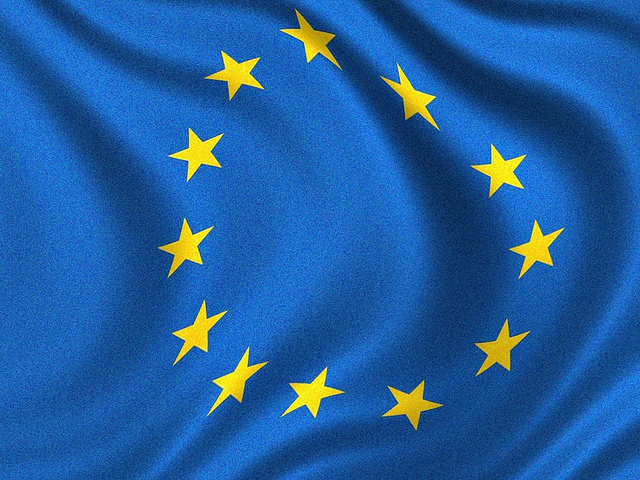
February 25, 2016, by Public Social Policy
The Referendum: Out of What?
by Dr Simon Roberts and Prof Bruce Stafford
Now that Boris Johnson has joined Nigel Farage and others in the out camp and the campaign to remain within or leave the European Union has begun in earnest (PM attacks Johnson over Brexit, 23 February) it would be helpful for voters to know what “out” actually means. While this may appear to be a straightforward question it is not. At present the UK is a member of the 28-country European Union (EU) and the 31-country European Economic Area (EEA). The EEA is comprised of three of the four European Free Trade Association (EFTA) states (Iceland, Liechtenstein and Norway). The fourth EFTA state Switzerland has access to the single market through a set of bilateral agreements. Do Boris Johnson, Nigel Farage et al want to be out of both the EU and the EEA, or out of the EU but in the EEA? The two situations are very different. Statements by those campaigning for ‘out’ are confusing as to whether they wish a ‘leave’ vote to mean leaving the EEA as well as the EU.
Out of the EU but in the EEA would give access to the single market – much desired according to some campaigning for out because of the benefits it confers for growth and jobs. However, membership of the EEA includes the free movement of workers and citizens and with it EU-migrants’ access to benefits. The EFTA website clearly states: “The free movement of persons is one of the core rights guaranteed in the European Economic Area”. Given that free movement has so far been the main concern of both the out campaign and the British public – an Ipsos Mori poll reported in the Guardian on 9 October 2015 found that 58 per cent of respondents think there should be further restrictions on free movement of EU citizens and a further 14 per cent said that free movement between EU countries should be stopped altogether” (Ipsos Mori on 9 October 2015) – membership of the EEA would appear to be contrary to the sentiments of those who are likely to vote to leave the EU. Membership of the EEA but not the EU would also mean no seat at the European Council which sets the agenda and Council of the European Union which adopts laws and coordinates policies for the single market. This would be a serious loss of British sovereignty.
Out of both the EU and the EEA would release the UK from any commitment to the free movement of workers and citizens, but would mean the UK facing tariffs and other barriers when trading with those 31 countries and it will not be part of trading agreements signed by the EU with countries and regions beyond Europe. Tariff-free access to the single market would require the UK to negotiate a new trade agreement with the EU. However, if this is the outers’ intention, they would be wrong to assume that this would be easy to achieve. Negotiations are likely to be long and difficult – Canada took seven years and effectively re-joining the EEA would presumably require another referendum (or do the out campaigners plan to take the UK back into the EEA without asking the British public?).
Voters need to know what voting to leave will involve. Those campaigning for ‘out’ need to be explicit about whether it entails also leaving the EEA (which their anti-migrant and no loss of sovereignty arguments imply) so that voters can judge whether what might be a considerable delay in regaining access to the single market is a worthwhile trade-off.
Image courtesy of Yanni Koutsomitis

This work is licensed under a Creative Commons Attribution 4.0 International License
No comments yet, fill out a comment to be the first

Leave a Reply